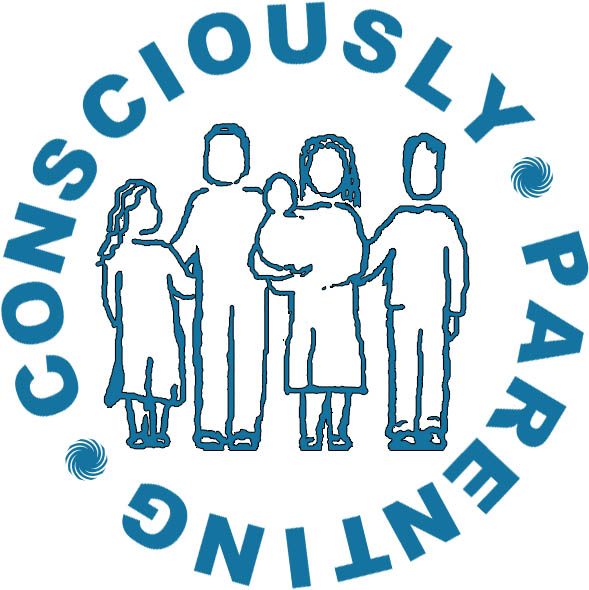What it Really Takes to Raise Emotionally Healthy Families Series- Day 9

What is attachment?
Even though we don’t remember these relationships, the care we received or didn’t receive, along with how our parents (or other caregivers) felt about our care, our needs, and about us specifically, has a powerful influence over who we become as adults.
The relationships we have in our earliest lives also establish the way that we will look at all relationships throughout our lives, for better or worse. Our earliest relationships—those that happen before we are three years old—create who we are, what we struggle with in our lives on all levels, and what kind of parents we become.
Most of us are not even aware of the patterns that we carry from our earliest experiences, so we are destined to repeat the same patterns without even knowing why. But we can change the patterns once we become more aware of them.
From the book Consciously Parenting: What it Really Takes to Raise Emotionally Healthy Families

So many of the ways we handle conflicts, challenges, and even our feelings are a result of our early attachment patterns. Most of us unconsciously repeat our attachment patterns with our own children, either doing the same thing or swinging to another extreme in reaction to the way we felt growing up. Someone who grew up with a parent who felt really invasive of their boundaries might do the same or might be detached as a parent, for example. If you grew up with parents who couldn’t make much space for your feelings, you may hold in your own feelings and encourage your child to express theirs. Or not.
As with the patterns we were talking about yesterday, attachment patterns can change as you work on them. You might have an insecure pattern, avoiding connection, feeling anxious about connection, or feeling confused when something is happening and not knowing where to turn. Or you might have a secure pattern of turning towards someone else when you’re in distress. But you can also shift your pattern by doing work on yourself. An insecure pattern can become an earned secure pattern, which means you can learn to approach your relationships and distress in a way that is healthier for yourself and others.
The same is true of your child’s attachment. While the patterns are set early, it doesn’t mean that they are not changeable. It’s never too late to heal. Remember that now. 🙂
Get the book Consciously Parenting book on Amazon
Click to learn about the 6 month guided journey through Book 1– Consciously Parenting: What it Really Takes to Raise Emotionally Healthy Families with Jen Kobrick, HFCE




